“A durable, predictable US-China relationship could open space for the United States and Taiwan to deepen substantive ties. It also could lower risk for other countries to strengthen their relations with Taiwan without fear of being pulled into an intensifying militarized confrontation,” writes Ryan Hass. This piece originally appeared in the Taipei Times.
I was privileged to have an opportunity to meet with many of Taiwan’s leaders and leading thinkers during a study tour visit in August. One theme I heard several times during that trip was that bad relations between the United States and China benefit Taiwan.
At first thought, I empathize with the argument. After all, there is a troubling record of America’s leaders negotiating with Beijing over the heads of Taiwan’s leaders. For example, President Franklin Delano Roosevelt returned Taiwan to the Republic of China after World War II. President Richard Nixon surprised Taiwan leaders with his 1972 visit with Mao Zedong. President Jimmy Carter unilaterally chose to normalize relations with Beijing and de-recognize Taipei in 1979. President Ronald Reagan also negotiated a communiqué with Beijing on future reductions of U.S. arms sales to Taiwan without the support of Taiwan’s leaders. In other words, American leaders of both parties pursued interests with China at the expense of Taiwan.
Importantly, though, all these examples predate Taiwan’s transition to democracy. Since the transition, American leaders generally have recognized that Taiwan’s elected authorities are the best judges of Taiwan’s interests and that they must be consulted on any potential changes to U.S. policy that would impact Taiwan’s security. There also has been a tradition of U.S. officials quietly consulting with their Taiwan counterparts before and after high-level exchanges with Chinese leaders on issues relating to Taiwan.
Even so, there still seems to be a lingering sentiment that Taiwan is the beneficiary of worsening relations between Washington and Beijing. This argument merits scrutiny.
On one hand, Taiwan’s leaders likely believe that when relations between Washington and Beijing are fraught, the likelihood of the United States and China reaching understandings on Taiwan are diminished. Taiwan’s leaders likely also gain confidence when the United States views Taiwan as standing at the frontier of freedom and deserving of support for preserving autonomy and democracy.
On the other hand, there should be little anxiety these days about the United States and China reaching agreements relating to Taiwan without Taipei’s consent. There is no meaningful support in the United States for sacrificing Taiwan’s interests in pursuit of benefits from Beijing.
President Biden has been more outspoken in his support for Taiwan than any leader since before Nixon. Congressional and public support for Taiwan also is very strong, just as it also is very negative toward Beijing.
Any anxieties about the U.S. compromising Taiwan’s interests should be further dispelled by the fact that U.S.-China relations currently are experiencing a sharp downturn that bears resemblances to two previous nadirs in relations. The first breakdown in relations occurred following the founding of the People’s Republic of China and was exacerbated by the Korean War and domestic upheaval inside China that followed. The second breakdown occurred after the Tiananmen massacre and the end of the Cold War. Each of the two previous nadirs lasted many years. This period likely will be no different.
Furthermore, the historical record suggests that cross-Strait relations and U.S.-Taiwan relations are not derivative of U.S.-China relations. As I argued elsewhere, worse U.S.-China relations have not translated into better U.S.-Taiwan relations, or vice versa. For example, during the Ma Ying-jeou presidency, cross-Strait relations grew warmer while U.S.-China competition grew more sharply competitive. Conversely, the downturn in U.S.-China relations during the late 1980s and early 1990s did not generate a windfall for U.S.-Taiwan relations. The point is that each of the three dyads in relations between the United States, China, and Taiwan operate according to their own logics and are driven by each side’s identification of priorities and concerns.
There also is risk for Taiwan if U.S.-China relations grow so tense that every event turns into a major power test of wills. Taiwan’s security becomes more precarious when it is viewed as the central flashpoint between the United States and China, leading each action to become measured as a win or loss for one side or the other.
The more that Taiwan gets pulled into becoming the central flashpoint of major power rivalry, the more pressure Taipei would face to make alignment decisions between the United States and China. Already, American demands have been building on Taiwan to limit hi-tech exports to China. There also has been mounting expectations for Taiwan to join a grouping with other advanced democracies that produce high-end semiconductors (e.g., South Korea, Japan, and the United States). China is urging Taiwan’s businesses to move in the opposite direction.
Given these realities, it may be more accurate to conclude that Taiwan’s interests are best protected when U.S.-China relations are not too hot, and not too cold. A durable, predictable U.S.-China relationship could open space for the United States and Taiwan to deepen substantive ties. It also could lower risk for other countries to strengthen their relations with Taiwan without fear of being pulled into an intensifying militarized confrontation. Ultimately, the more that Taiwan is woven into the fabric of the global economy and enjoys strong, interest-driven relations with the United States and others, the better it will be able to preserve its autonomy and democratic way of life.
The Brookings Institution is committed to quality, independence, and impact.
We are supported by a diverse array of funders. In line with our values and policies, each Brookings publication represents the sole views of its author(s).

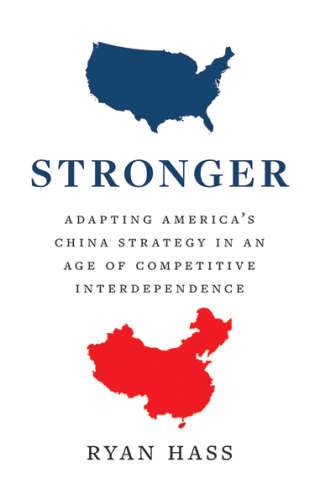
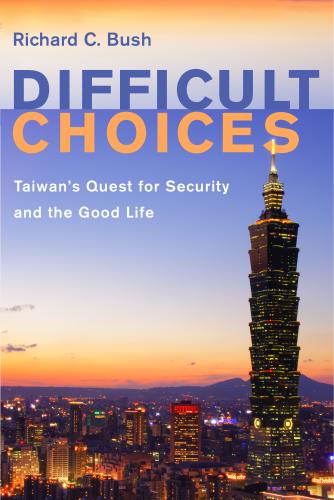
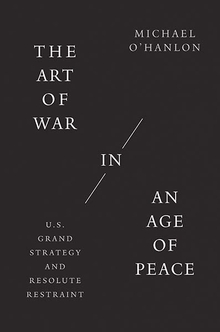
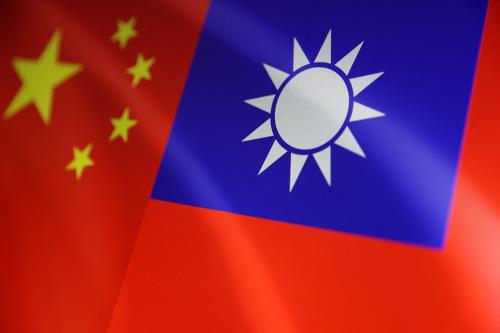

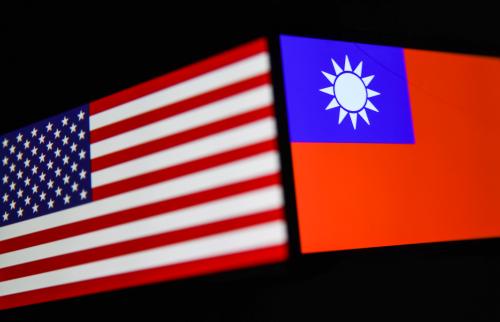



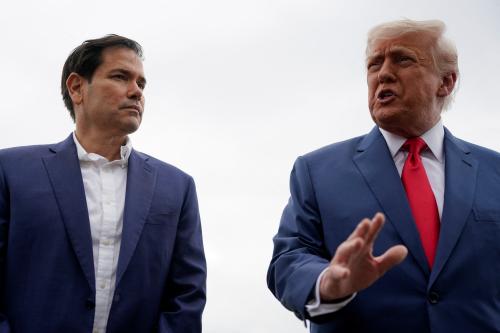
Commentary
Are worsening US-China relations in Taiwan’s interest?
October 4, 2022